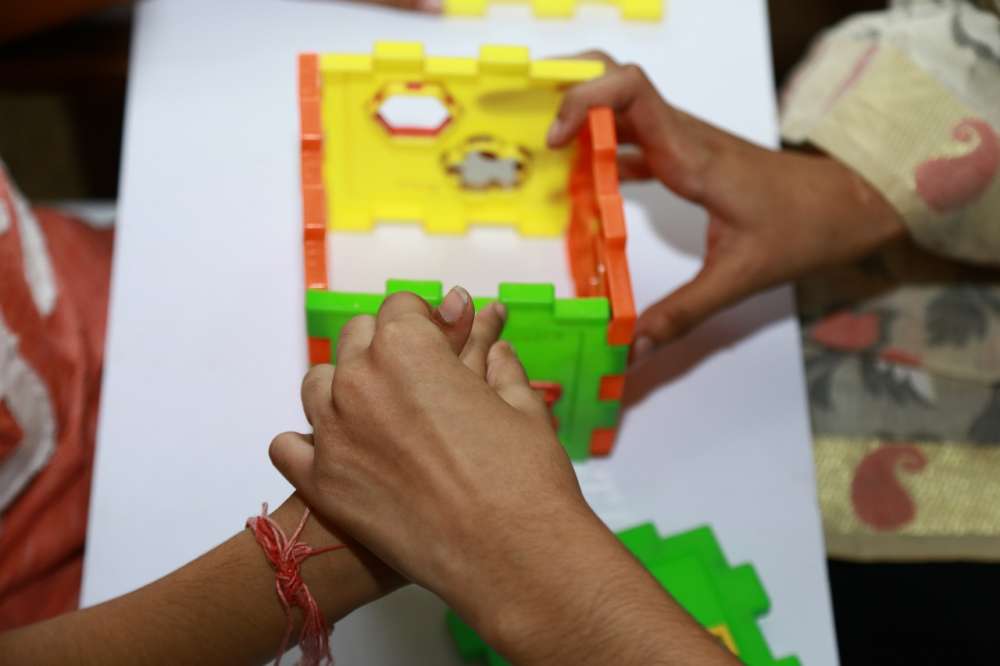NEW DELHI: With the country completing a month of nationwide lockdown to contain the deadly coronavirus, school teachers have been working hard to keep the academic calendar on track.
The biggest tool for these teachers to complete the herculean task is online teaching, but many teachers believe that even with advanced technology, challenges in the newest method are immense.
School teachers are trying various e-methods such as sharing lecture videos on class, Whatsapp groups, sending in worksheets and using third party e-learning applications. But many believe these all cannot be alternative to face-to-face teaching.
“The current situation is quite challenging for teachers as well as students. One thing that is deeply missing is the humanizing effect the school environment brings with it,” said Priyanka Barara, Principal of Delhi International.
Barara said that due to the lockdown and the prevailing tensions, the teachers are still unaware of the curriculum for the board students. There are many doubts such as if the curriculum will stay the same, which makes the task tougher.
“In board classes, teachers are still not sure how much curriculum reduction will be done for the students and which portions will be curtailed. In order to be safe, the teachers are covering chapters as per the order in NCERT books,” she added.
The Pro-Vice Chairperson of Pacific World School, Nidhi Bansal, too, pointed out that online education has not been as good for senior classes as it may have been for the junior section.
“The teachers have to be sensitive to the challenges and manage expectations within what is possible as they move from one lesson to another online while maintaining the bond with their students,” Bansal said.
“But in senior classes, there is a growing evidence of online education which is hurting a critical group: the less proficient students who are precisely those most in need of skilled classroom teachers,” she added.
Principal of DPS Indirapuram Sangeeta Hajela echoes Bansal’s views. Hajela says online classes demand much more discipline even as getting students to take part in discussion becomes much more difficult.
“There will always be those students who are sometimes not willing to participate in discussions or who resent that an online course often requires as much or more discipline and effort as against a face-to-face interaction. But if we take time to engage them in correspondence around an activity, then even some of those students will find that they have something they want to contribute,” Hajela said.
However one major concern was raised by Pallavi Updhyaya, Principal of DPS Rajnagar Extension: the rise in cyber-crimes during these days when everyone is using the internet during a major part of their day. “Online classrooms take away the charm of learning by doing; they miss out on the real experiences. Also keeping a check on the students becomes a challenge. The rise in cyber-crimes further adds to the challenge of security,” Updhyaya said.

